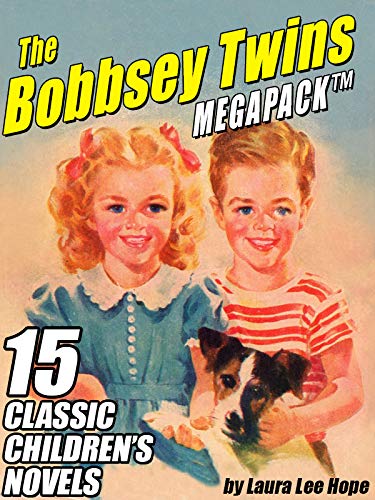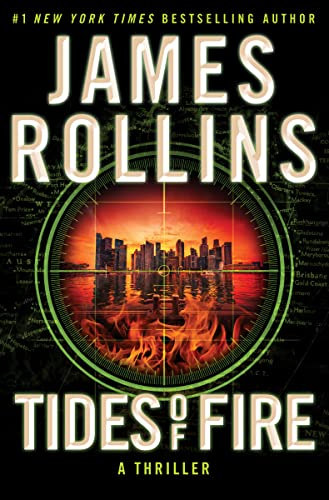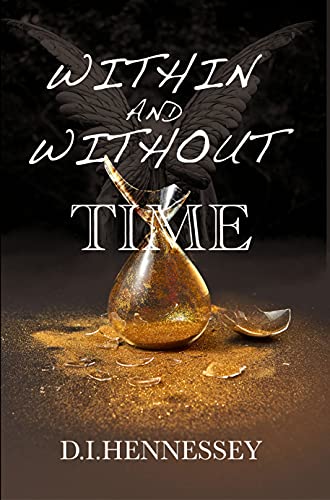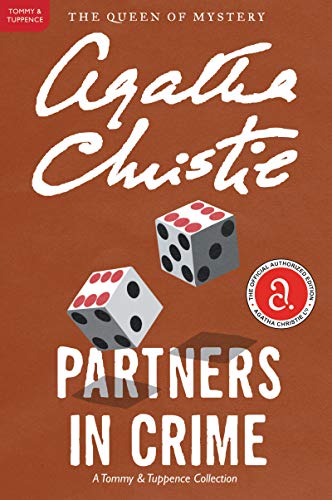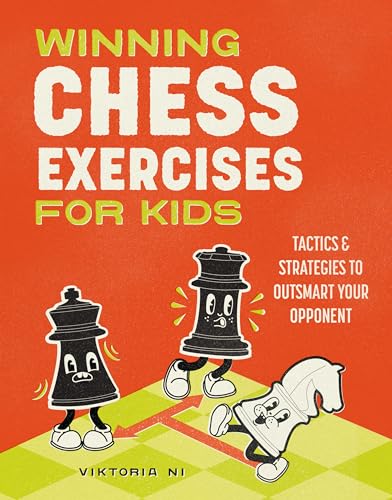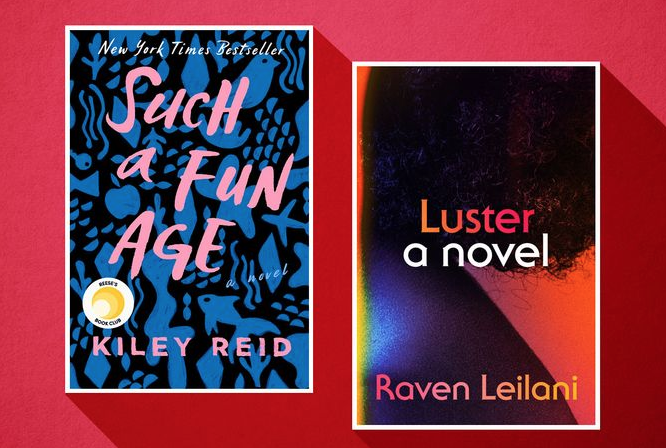From Vulture: The Villainous White Mother Was All Over the Domestic Novel This Year… Support our news coverage by subscribing to our Kindle Nation Daily Digest. Joining is free right now!
The protagonist of Raven Leilani’s Luster, a Black 23-year-old named Edie, is having an affair with an older married white man named Eric when an age-old curiosity arises: the wife. Edie’s social-media investigation yields no results, so she decides to go to his house, which she finds unlocked. In his wife’s closet, Edie gathers “the silk and wool and cashmere in my hands.” Then she hears a voice. When she turns around, a white woman is standing there wearing yellow rubber gloves and a Yale T-shirt. “I know who you are but I don’t want to discuss it, if that’s all right with you,” she says. “I just wasn’t finished looking at you.”
It is often in the home where the plainest expressions of politics appear. This year, you could see it everywhere in the domestic novel. Leilani’s Luster, J. Courtney Sullivan’s Friends and Strangers, and Kiley Reid’s Such a Fun Age all enter the home of an upper-class white family where a domestic worker takes care of the children. Though the protagonists of these novels are purportedly hired for child care — a job that demands emotional labor from caregiver to child — each story focuses on the implicit expectation that they act as a flattering mirror for the white mothers who hire them. It is this element of the job description that, though unwritten, becomes the most onerous demand of the role. And it pulls the protagonist out of her own life and into the white family’s, affecting her relationships with her friends, family, and romantic prospects.
These stories came in a year that thrust white liberal parents into a harsh light. In the spring, there was the TV adaptation of Celeste Ng’s 2017 novel, Little Fires Everywhere, a show about a white mother who hires a Black woman as a “house manager” in the backslapping liberal town of Shaker Heights, Ohio. The white mother rents her out a place to stay, surveils her, and believes they are friends. Nice White Parents, a podcast produced by the New York Times, examines Brooklyn parents who fight for desegregated schools until they realize it means giving up benefits they had reserved for their children.
Read full post on Vulture.com

